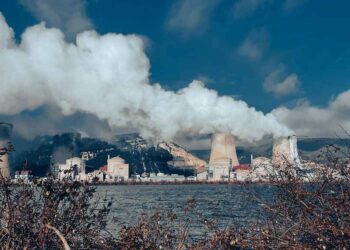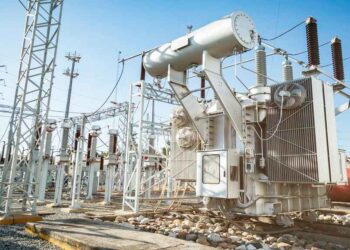The development of 100 gigawatts of sustainable energy by 2035 will be made possible thanks to a strategic collaboration that the United States and the United Arab Emirates declared on November 1st, 2022.
The Partnership for Accelerating Clean Energy (PACE) agreement was signed during the Adipec energy conference in Abu Dhabi and consists of four main pillars: the growth of clean energy innovation and supply chains; controlling carbon and greenhouse emissions, nuclear energy; transportation and industrial decarbonization; and According to a UAE government statement made public by state news agency WAM, the cooperation comes within the framework of the close friendship between the UAE and the USA and affirms the dedication of both sides to working to augment energy security and advance progress on climate action.
The new cooperation was hailed by the White House as a significant victory for President Joe Biden’s climate policy.
The United States and the United Arab Emirates announced a strong partnership to ensure the swift and smooth transition toward clean energy and away from unabated fossil fuels, according to a statement from the White House. It said that President Biden once more demonstrated his deep dedication to ensuring a global clean energy future and long-term energy security.
In order to identify priority projects, remove potential obstacles, and measure PACE’s progress towards achieving its goal of catalysing $100 billion in funding, investment, and other assistance and deploying 100 gigawatts of clean energy globally, it was announced that the two nations would form a expert group. The UAE is a major oil exporter, but it has also made significant investments in the development of non-fossil fuel energy sources, such as the construction of the largest solar power plant ever built on a single site and the first nuclear power plant ever built in the Arab world. In 2023, it intends to host the COP 28 climate summit.
The bold initiative from the two nations comes as oil demand and supply are both increasing globally. Years of underinvestment in fossil fuels and months of Russia’s conflict in Europe have resulted in tighter supplies and higher prices for consumers. Oil and gas CEOs warned of the risks of reducing fossil fuel production in order to avert climate change at the same summit where PACE was ratified.
More leaders are now emphasising the need for revived oil and gas production ahead of what could be a very difficult winter for Europe and other parts of the world facing scarcity of those commodities. Whereas recent years have seen rigorous requirements for more investment in renewable energy and expediting the move away from hydrocarbons. More politicians are now emphasising the necessity of reviving oil and gas production, which has remained a key component of the Biden administration’s objectives. Amid supply problems and geopolitical unrest, oil and gas prices have reached multi-year and, in some cases, record highs in recent months.







































